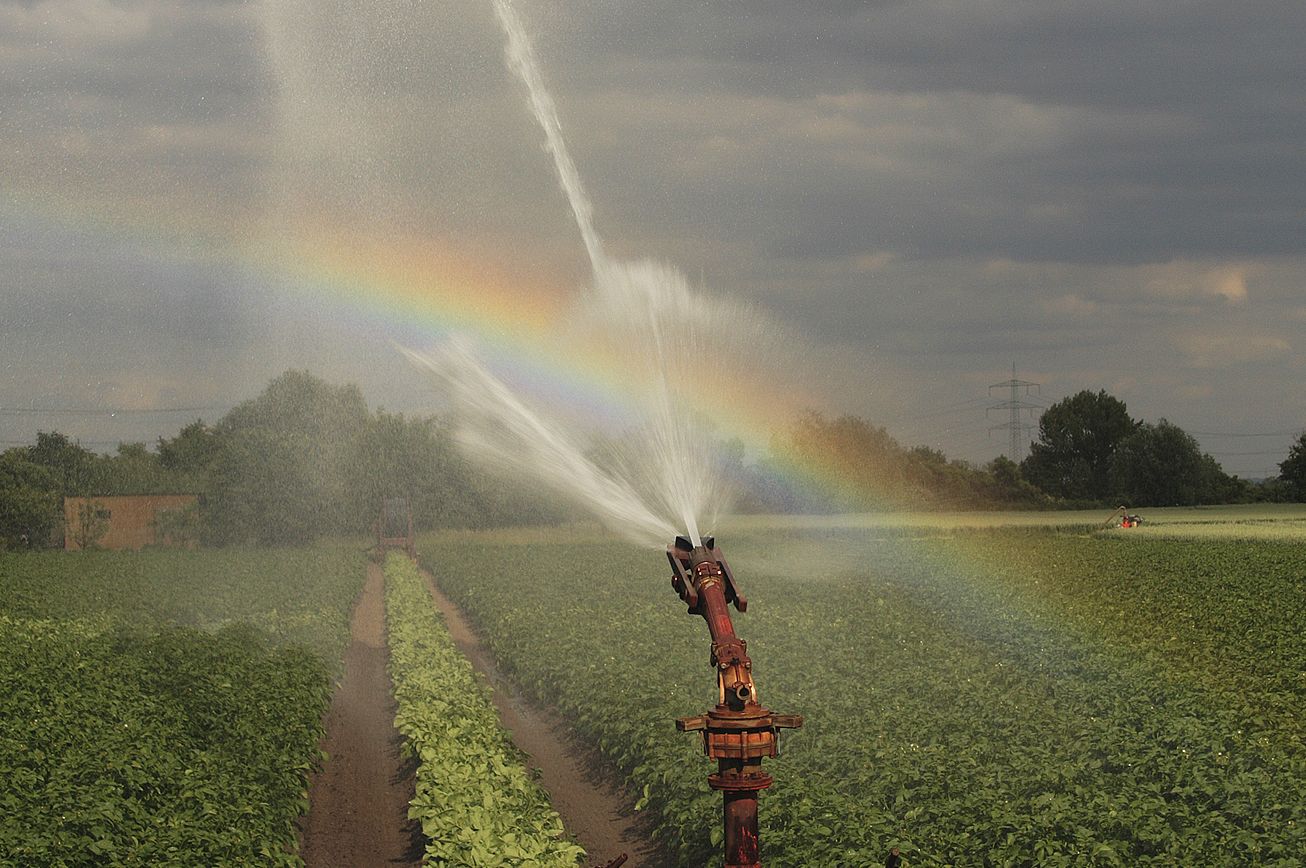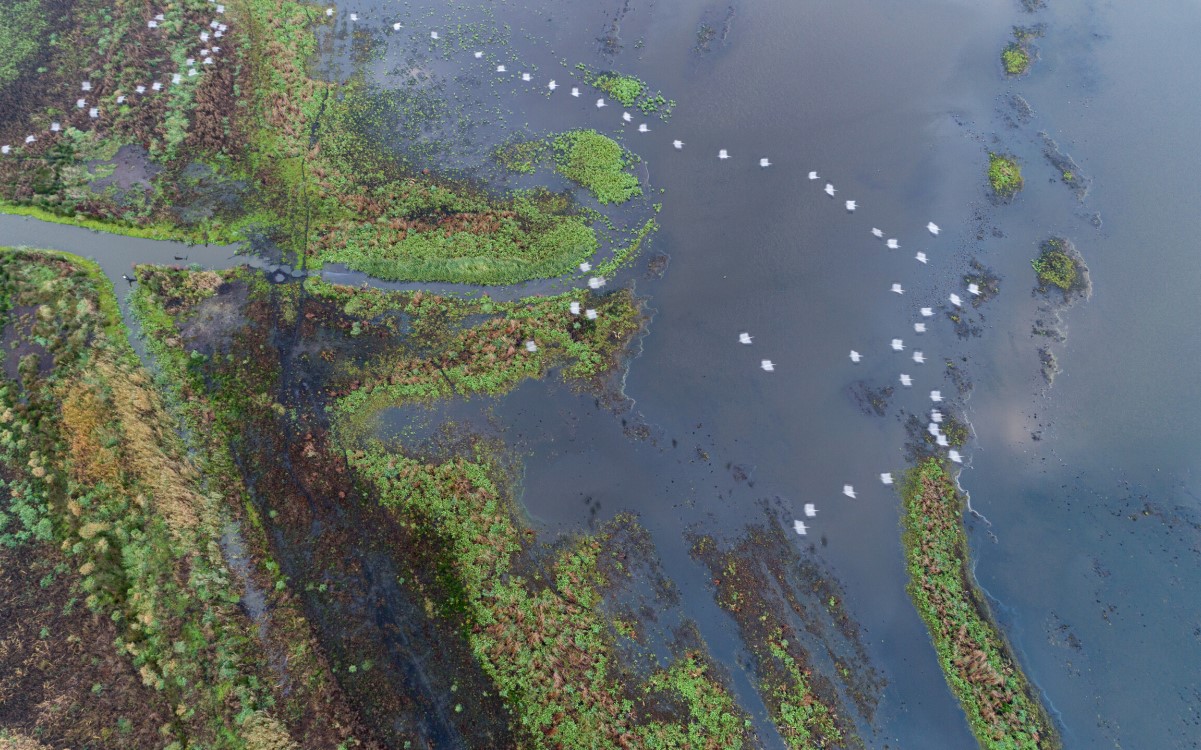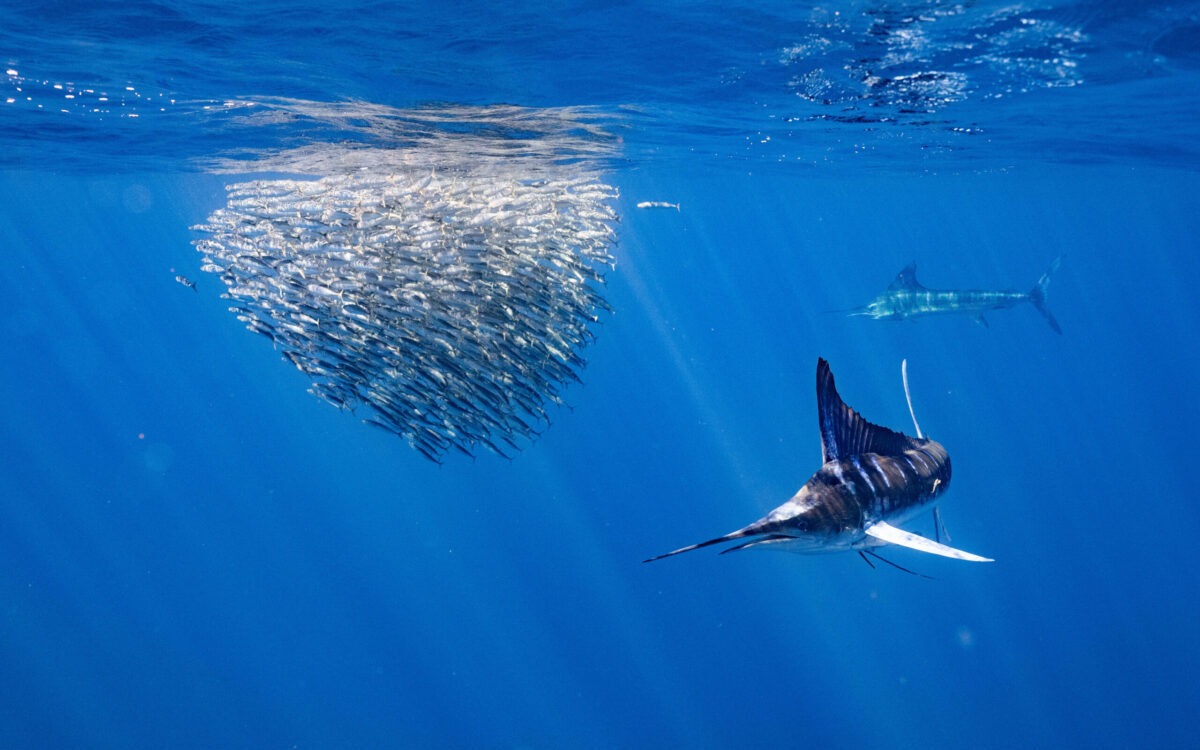The use of nonrenewable groundwater for irrigation increased by a quarter from 2000 to 2010, doubling in China alone, according to a new study published in Nature. The research suggests that unless action is taken by both producers and consumers, this trend could eventually lead to depleted water reserves, limited access to imported food, and increased food prices. Groundwater – water that is taken from underground, as opposed to water found on the surface in rivers or lakes – supplies global agriculture with 43% of the water used for irrigating crops. Some sources of groundwater are considered nonrenewable, as their rate of recharge is slower than the rate at which they are used.
Rice, wheat and cotton
The depletion of local water reserves also risks putting large populations at serious danger during emergencies such as droughts, earthquakes, or fires, when immediate access to water is required. Using trade data from the United Nations and estimates of nonrenewable groundwater removal, researchers traced the sources of water used to produce agricultural crops. The study found that the crops that contribute the most to trade of nonrenewable groundwater are rice (29%), wheat (12%), cotton (11%), maize (4%) and soybeans (3%). The country exporting the most crops produced using nonrenewable groundwater is Pakistan, with 29% of global nonrenewable sources embedded in trade – closely followed by the United States (27%) and India (12%).
Not just meat versus vegetables
The study was conducted by an international group of researchers led by Carole Dalin at the University College London and including scientists at IIASA, NASA in the USA, and institutions in Germany and Austria. “People are rightfully food shopping with the environment in mind more than ever before – but it is not just about meat versus vegetables, organic or fair trade. Where and how the products are grown is crucial, and basic foods like rice and bread could have a damaging impact on global water supplies,” says lead author Carole Dalin, of the University College London’s Institute for Sustainable Resources. “Our research shows that unless both consumers and producers agree to adopt strategies that maximize the long-term sustainability of water use, most of the world’s population risks seeing increased food prices or disrupted food supply.
Dangerous use of water resources
Under future climate change, droughts may be more frequent in many regions and we may want to keep groundwater reserves for these periods.” Michael Puma, coauthor and researcher at NASA’s Goddard Institute for Space Studies and Columbia University, says, “Say I’m in Japan, and I’m importing corn from the United States. It’s important from Japan’s perspective to know whether that corn is being produced with a sustainable source of water, because you can imagine in the long term if groundwater declines too much, the United States will have difficulty producing that crop.” Thomas Kastner, Senior Scientist at the Senckenberg Biodiversity and Climate Research Centre, Germany and the Alpen-Adria-University, Austria, says, “Our work shows where trade flows are contributing to the unsustainable, and ultimately potentially dangerous, use of water resources.
Water labels
The use of nonrenewable water in one place can put food supply in distant regions at risk. This study can help us identify entry points for a more sustainable global water resources management.” Yoshihide Wada, a coauthor and deputy director of the IIASA Water Program says, “The products that consumers buy at a supermarket may have very different environmental impacts depending on where they are produced and how they are irrigated. In order to help consumers, make more sustainable choices about their food, producers should consider adding water labels that make these impacts clear.”







